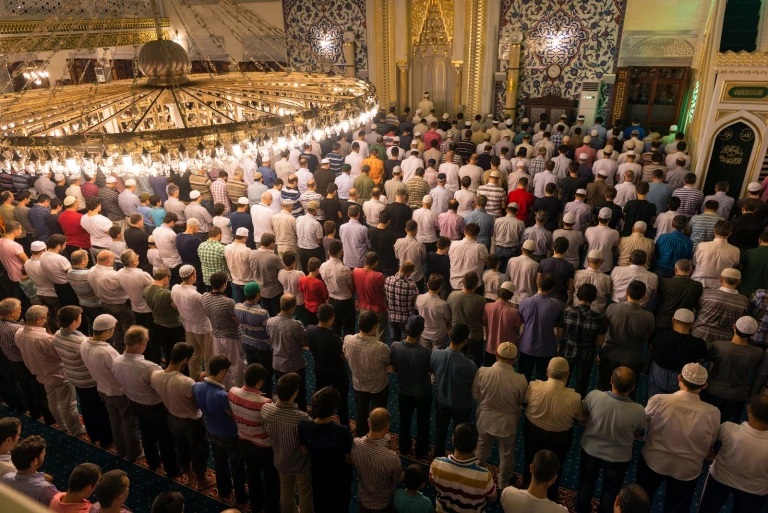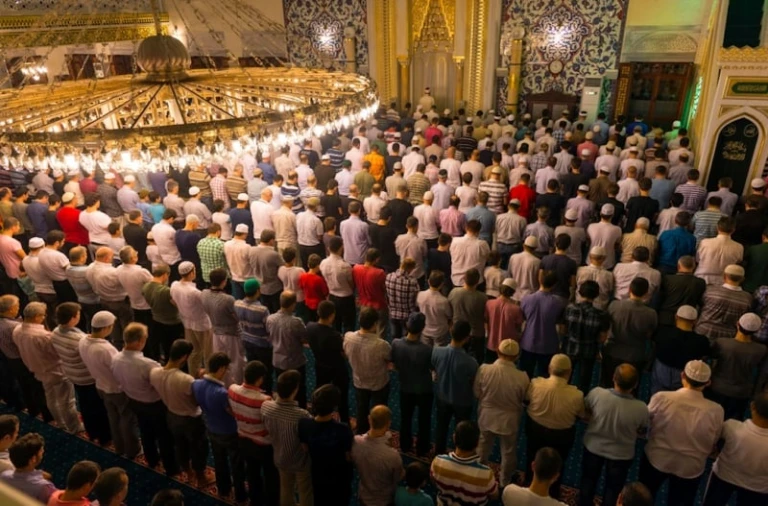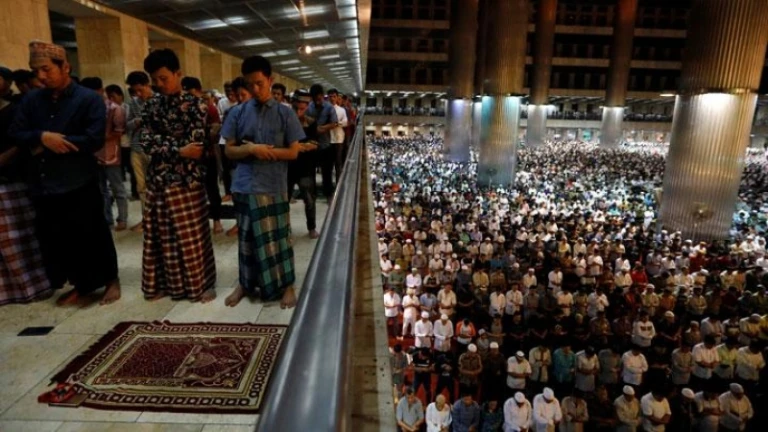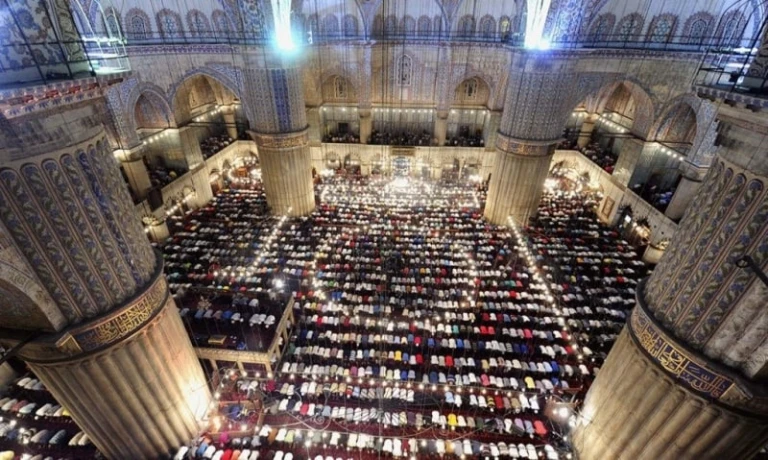Besides mountains, Sabah has so much to offer its visitors from vast clear blue waters to rare native wildlife. You will never be bored when you visit this hidden gem of Malaysia.
What is Tarawih & Its Significance?

What is Tarawih?

Muslims enter a period of discipline and worship cum Ramadan. They fast diligently from sunrise to sunset and attend special congregational prayers at night called the tarawih prayers. The literal meaning of the Arabic term is derived from the root word “rauh” or “raha” which basically means “to take a rest”.
Tarawih is not obligatory but still of utmost importance. It is practised by most Muslims even till now as it amplifies the sense of individual spirituality and unity within the community.
Performed only in the month of Ramadan, Tarawih is usually done after Isya’ prayers either alone at home or in congregation at the mosque. Since the Islamic day begins at sunset, the first Tarawih of Ramadan will be performed the evening before the fast actually begins.
How to Perform Tarawih

A common practice in many mosques is when one juz’ (part) of the Quran (the whole Quran comprises 30 juz’) is recited each night in Tarawih. By the end of the month, the entire Quran would have been completed. Hence, performing it in the mosque makes the experience more meaningful, especially if one is able to do so every night and hear the whole Quran recited during the month.
Tarawih does not have to be performed immediately after Isya’ prayers. Muslims can postpone it till later as long as it is done before Fajr prayers the next morning. But in a mosque, it is performed after the people have prayed two raka’ahs of Sunnah following the Isya’ prayer.
It consists of an even number of raka’ahs, performed in sets of two. The number of raka’ahs is not fixed but is usually either performed the minimum of eight or at most 20.
Also, Witir prayers are commonly performed after Tarawih prayers. As a gauge, if one juz’ is recited in a mosque, the Tarawih will last for one and a half or two hours. Tarawih may be as long or short as you like, depending on your ability to read or recite and your energy level.
Also read: Ramadhan 2019: 7 Ways to Prepare for the Fasting Month
Benefits of Tarawih

There are numerous physical, health and spiritual benefits that you can reap from performing Tarawih. Just before the iftar meal, blood glucose and insulin levels are at their lowest. After iftar, the blood glucose level continues to rise from ingested food. Blood sugar reaches high levels in an hour or two, amazingly right when the Tarawih comes into effect. The circulating glucose is then metabolised into carbon dioxide and water during the prayers.
Hence, Tarawih helps expend extra calories and improves flexibility and coordination, reduces stress and relieves anxiety and depression. The gentle movements performed during the prayer improve physical fitness (without the undesirable side effects produced by other forms of exercise), emotional wellbeing and increases longevity too.
Ramadan is the holy month when any and all good deeds, no matter how small or insignificant, are rewarded manifold. No Muslim should let such a golden opportunity slip by especially if they are still able to fulfil the requirements.
Standing with the Imam and reciting the Quran in the Tarawih is a noble act of patience and resilience. The offering of Tarawih prayer is a fantastic chance to add on to your list of good deeds whilst maximising on this holy month and its blessings.
Also read: Ramadan Around the World: How Muslims Observe The Holy Month
Published at
About Author
Nur Sofia
Subscribe our Newsletter
Get our weekly tips and travel news!
Recommended Articles
10 Hidden Gems of Sabah, Malaysia 10 Muslim Footballers That Will Inspire You And Your Goals HalalZilla consults the great archives of football to handpick our top Muslim players who’ve ever laced a pair of boots in the big leagues – especially those you didn’t know were Muslim!
10 Muslim-Friendly Islands in Indonesia Many travellers have either been to Bali and Lombok, or are planning a trip there – they are the most popular tourist destinations for Muslim and non-Muslim alike. . While these islands are tourist-friendly and especially Muslim-friendly, there are many other islands in Indonesia that are just as beautiful and have lots to offer. Check […]
12 Culture Shocks You’ll Experience During Umrah Welcome to the land of blessings & calmness ~
2019 Emirates FA Cup Final Winners Will Celebrate With Non-Alcoholic Champagne Regardless of the team you support, it’s heartening to know that the winners will be offered non-alcoholic champagne to cater to those who don’t drink.
Latest Articles
Direct Buses From Singapore to Johor Premium Outlets For Muslim Travellers Happy bargaining, peeps!
Where to Rent Hanbok With Hijab Options in Seoul – A Muslim Traveller’s Guide Remember—they're up on the second floor!
Free Garden Festival in Lisbon This Spring: A Muslim-Friendly Guide to Jardin Abertos 2025 Yep, Lisbon is older than Rome by several centuries!
We Tried the 5 Most Viral Halal Dishes in Southeast Asia — Here’s What’s Worth the Hype what's yours?
Top Muslim-Friendly Outdoor Activities for Spring Holidays Outdoor funs but make it HALAL!

